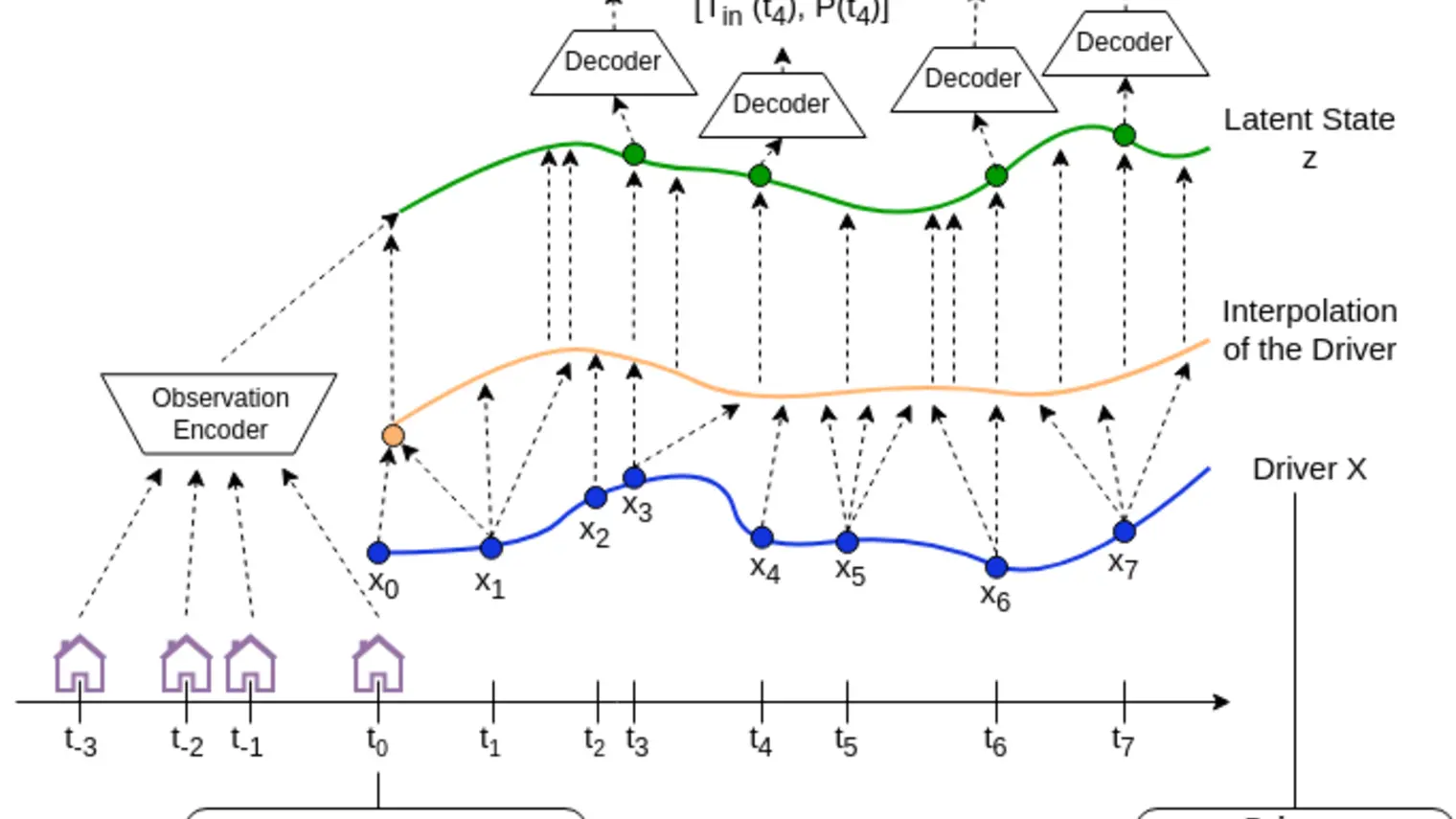
Hanane Dagdougui
Biographie
Hanane Dagdougui est professeure titulaire à Polytechnique Montréal et membre académique associée à Mila - Institut québécois d'intelligence artificielle. Elle a obtenu le doctorat en ingénierie des systèmes de la Faculté d'ingénierie de Gênes et des Mines Paris-Tech en France, dans le cadre d'un programme international conjoint en 2011. Avant de rejoindre Polytechnique Montréal en 2017, elle a été assistante de recherche au département d'informatique, de bio-ingénierie, de robotique et d'ingénierie des systèmes de l'Université de Gênes en 2013. De 2013 à 2016, elle a été chercheuse institutionnelle au département de génie électrique de l'ÉTS Montréal.
Ses recherches portent sur la théorie de l'optimisation distribuée et les applications de l'optimisation mathématique. Elle s'intéresse particulièrement aux applications de l'optimisation mathématique et des techniques d'apprentissage automatique aux problèmes des réseaux intelligents, des micro-réseaux et des bâtiments intelligents. Ses recherches portent également sur la modélisation technico-économique et la planification des systèmes basés sur les énergies renouvelables, la réponse à la demande et le transport électrique.



